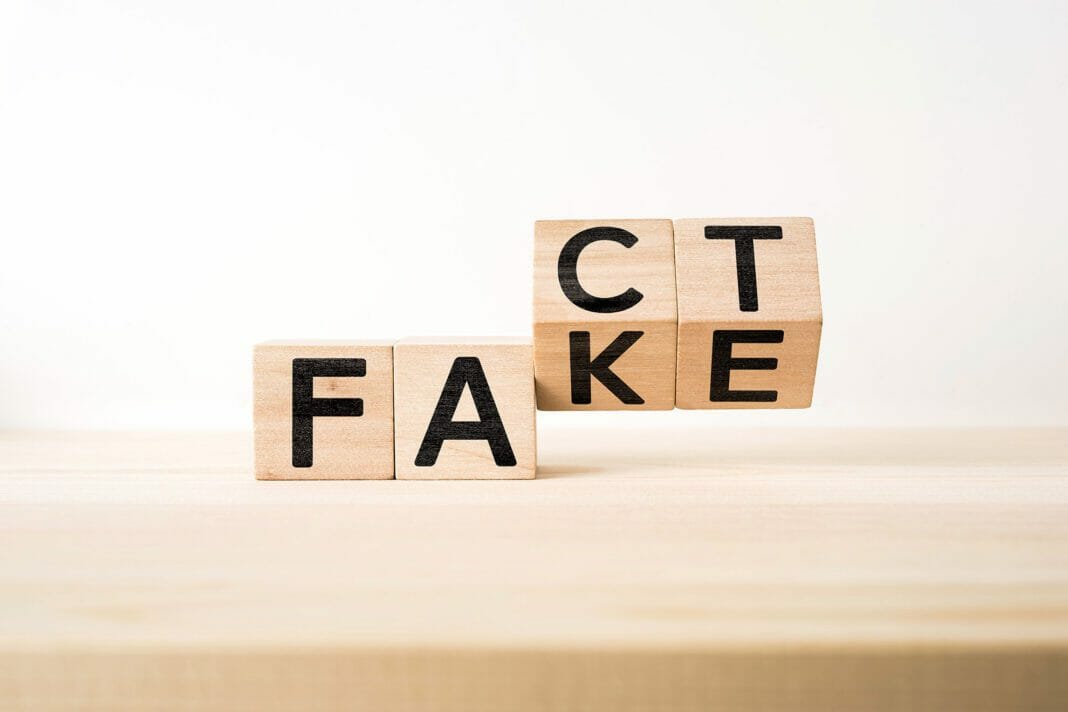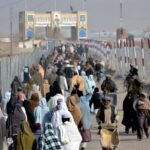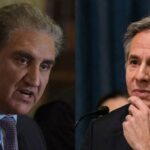Media in Pakistan has enjoyed unprecedented freedom since 2000 but without much accountability. The laws under PEMRA are not implemented properly and PEMRA has become a joke. The unchecked flow of money to media houses and media celebrities has resulted in, allegedly, corrupt, for sale and incompetent media houses. The general perception of all journalists and media houses is that they are blackmailers, liars, powerful mafia and are for sale to the highest bidder. In fact, Pakistani media has become the centre of #FakeNews.
The blame for such perceptions solely lies with leadership aka journalists that operate these media houses. Although some consider media as the fourth pillar of state, many in Pakistan believe that the media has gone to the gutter.
A poll for Centre for International Governance Innovation (CIGI) shows that Pakistanis have serious concerns about media:
| Source of information | Pakistanis believe that … |
| Mainstream media sources | every fourth news is fake |
| Television | they have watched a fake news on tv |
| Print media | one fourth have seen a fake news |
| Mainstream/ Traditional media | mainstream media spreads fake news |
| Fake news has negative impact on economy | it does have negative impact |
Reasons behind perception of gutter media
Can you imagine an educated person making a video report from late Edhi sahib’s grave? Or, giving breaking news to Qamar Zaman Kaira about his son’s death so ruthlessly?
Recently Samaa channel claimed that Hammad Azhar, Minister of State for Revenue owns sugar mills. In reality, Hammad doesn’t own a sugar family. Samaa has yet to apologize for the false claim.
A Dawn News employee analysed the KPK budget and made many incorrect claims about the budget. Taimur Jhagra responded to each false claim in a series of tweets.
Some news anchors daily claim rifts within each political party. They also use bakhabar Zareiy to claim differences between civilian and military leadership. Has anyone ever bothered to challenge their claims or source of information? No!
It is a long list of fake news that continue to grow on a daily basis.
Impact of fake news on country
As mentioned in the above CIGI poll, Pakistanis believe that fake news negatively impact the country. The constant barrage of fake news has contributed to instability in the country.
Missing persons
Day and night all anchors are asking state about thousands of missing persons BUT has any media person ever asked about evidence from the claimants? No, they seem to be interested only in maligning the state.
The curious case of Dawn News
With the arrival of internet and digital age, media (specifically news papers) was able to increase its readers by many folds. These readers later became subscribers and clicks that generate on-line revenue for the companies. Dawn News benefitted the most as it found a huge subscriber base in India. The number of Dawn News subscribers in India is most likely much higher in India than in Pakistan. Has Dawn disclosed all of its revenue to the FBR?
If the above is true then, there are more revenue generating clicks from India on a daily basis. In order to keep subscribers happy, some people claim, that Dawn News show Pakistan in a poor light.
Dawn must be thoroughly investigated to address the concerns of Pakistanis.
Challenges faced by Pakistani media
Here is a list of challenges faced by the Pakistani media:
- Revenue generation – The challenge for a qualified person to join media has severely impacted generation of revenue. As a result, media houses are dependent on sensational fake news and advertisement from the govt.
- Workers’ rights – Most of the people working in Pakistani media are under paid and are under severe pressure to provide breaking news content. Many are employed on contracts and are worked without pay under the garb of ‘training’.
- Gender equality – The lack of gender equality is also a big issue as majority of the jobs in media belong to men. There are many allegations of harassment in media that are swept under the carpet.
- Censorship – Like most media around the world, Pakistani media also faces censorship but it still enjoys more independence than other media in the region.
- Violence and terrorism – Many people working in media have been martyred in the line of duty. Unfortunately, the families of these heroes don’t get a fair treatment from media houses.
Prominent journalist Mazhar Abbas has given his view of media as follows:
“No doubt it has a lot of positives and it has become a strong source of information, but the problematic area begins when professional ethics become hostage to ratings and in the process fake news, fake information replace factual ones.”
How do we fix Pakistan’s media?
The role of media is to inform, educate public without bias. Another role is of a watchdog to ensure a govt is working to the benefit of public. In Pakistan, media is also responsible to strengthen democracy and to promote tolerance in society. Many Pakistanis believe that media has become a mouthpiece of their political opponents and large businesses; media is allowing corrupt politicians to propagate their agenda.
No need to follow foreign standards of freedom as a benchmark. Pakistan is a sovereign nation and must make laws and regulations as per culture and requirements of Pakistan.
This image of media is not helping Pakistan in becoming a more democratic and tolerant society.
Here are some proposals to strengthen Pakistan’s media:
- PEMRA:
- PEMRA must be an independent watchdog under a chairperson and a committee.
- The role of PEMRA will be to scrutinize media and ensure govt support to prevent censorship.
- Term of chairperson should be 3 years and committee should be 2 years.
- All jobs to be filled on basis of merit.
- Salaries and perks must be in-line with private sector.
- Committee:
- Form a committee for 2 years to review the current state and then propose a future course of action for improvement of media.
- Committee will be comprised of lawmakers, media persons, business community, lawyers, students from relevant studies and academics.
- The committee will propose a comprehensive set of laws and regulations for media as per the requirements of Pakistan.
- Source of information:
- Anyone quoting a source must keep a complete record of source that can be accepted in a court of law.
- Any allegation of censorship etc. to be backed by evidence.
- In case of failure to provide evidence, ban and fine(s) to be imposed by PEMRA. Special court may give jail term as well.
- All sources will need to be to disclosed to PEMRA upon request presented by PEMRA as per a process created by the committee.
- Failure to disclose a source must result in hefty fines and prison term.
- Special courts to be formed for PEMRA and media related cases in each provincial capital and federal capital.
- Any trial in special courts will need to be completed without lengthy pendency and within a period of 3 months.
- Censorship:
- Committee to review with media any concerns about censorship.
- PEMRA and committee to meet with relevant stakeholders from state to address concerns and ensures that media is free to function.
- Content:
- Content is key and has to be multidimensional to be beneficial to the society.
- Every week there must be at least 2 out of 5 days dedicated to discuss social issues such as health care, local bodies, environment, spread of polio etc. with experts, politicians and ordinary citizens.
- Salaries of employees in media:
- Employees of media should be paid fairly and according to salary standards in private sector.
- Revenue generation for media:
- Media must form strategies to generate business like other businesses.
- The dependence on advertisement from govt/political parties must end.
- Income tax:
- An audit of all media houses and employees.
- All sources of income to be disclosed to the FBR.
- A 40% plus tax rate on net profit for all media houses. All media organizations have to provide a link on their website to their annual financial statements.
- Aids and grants:
- A complete ban on foreign grants and aid to all media houses.
- A complete ban on foreign investors, except dual nationals.
The goal is to strengthen the media so that it could play its due role in building a national narrative and promote democracy and tolerance in Pakistan.
The big task is to improve media’s credibility in the public eye so that media can play its part to build a national narrative. A media which has been, rightly or wrongly, perceived as a gutter media will never be able to help resolve social issues.
Imran Siddiqui is an experienced analyst in the field of geo-politics, defence projects and economy. He holds a degree in Finance from University of Houston.
Imran has helped former President Gen. Musharraf to set-up his political party in North America. He regularly contributes to geopolitics and defense analysis and firmly believes in economic stability as the key to defeat global extremism.








